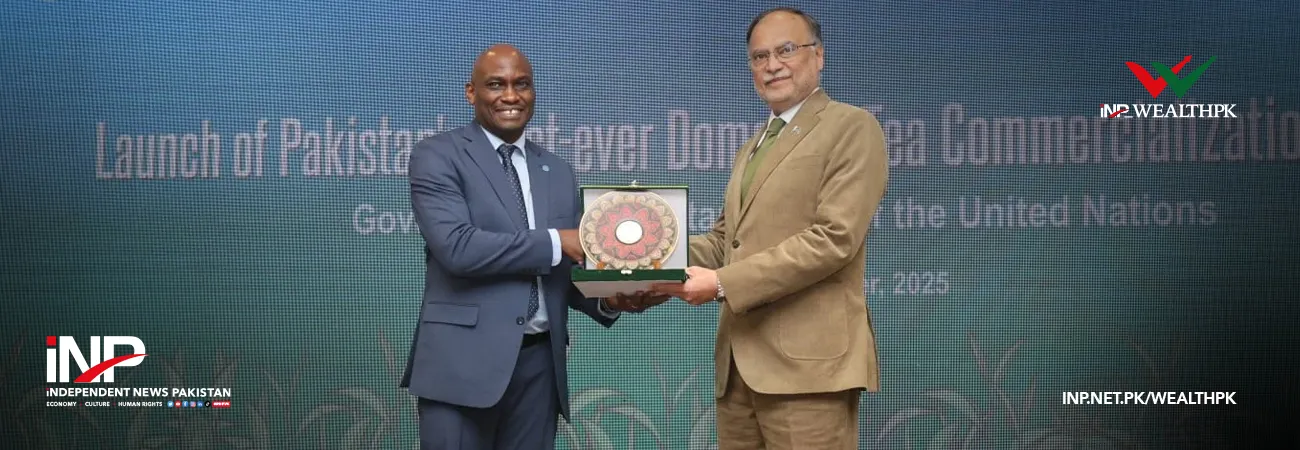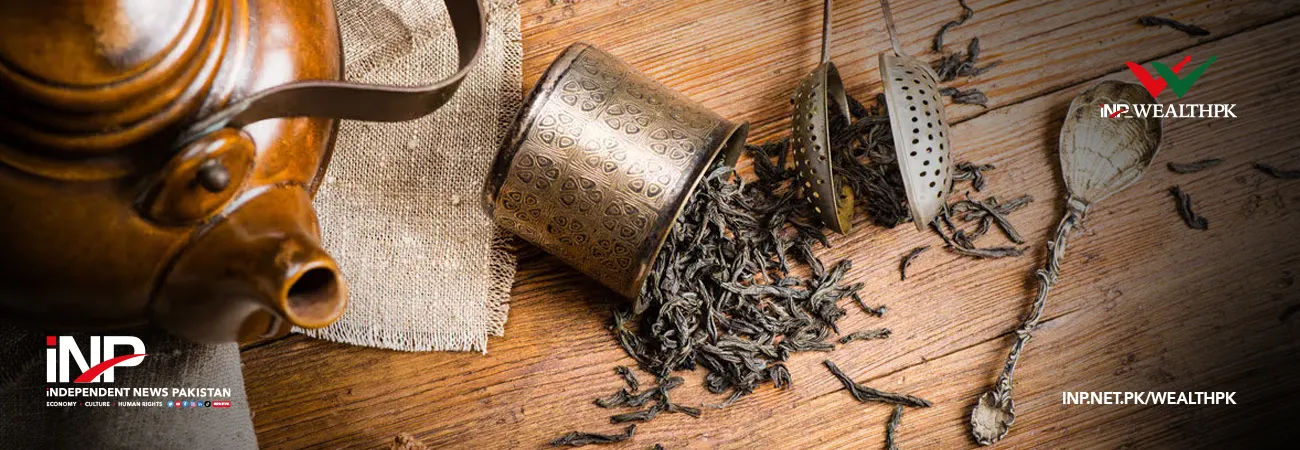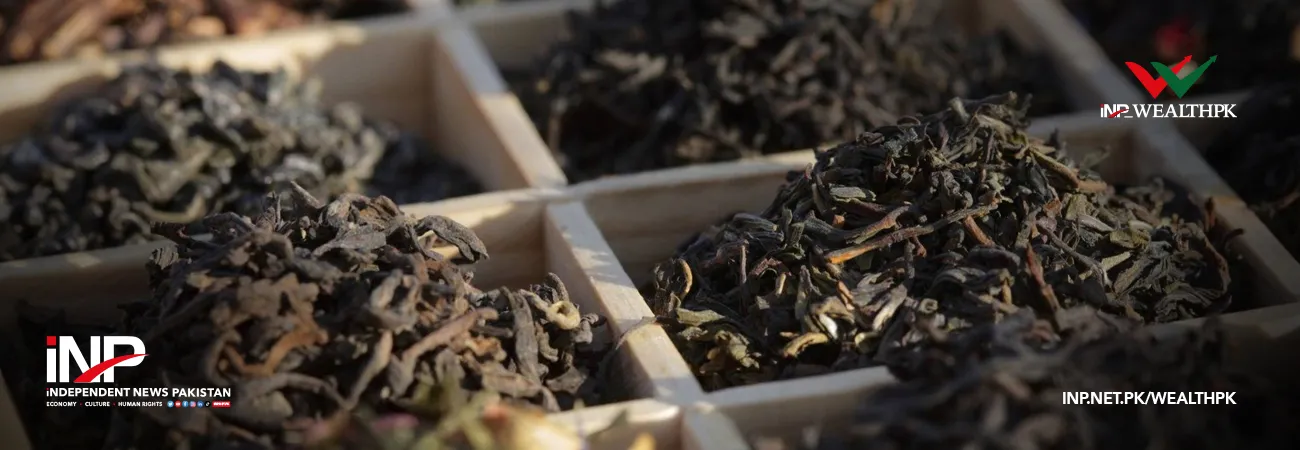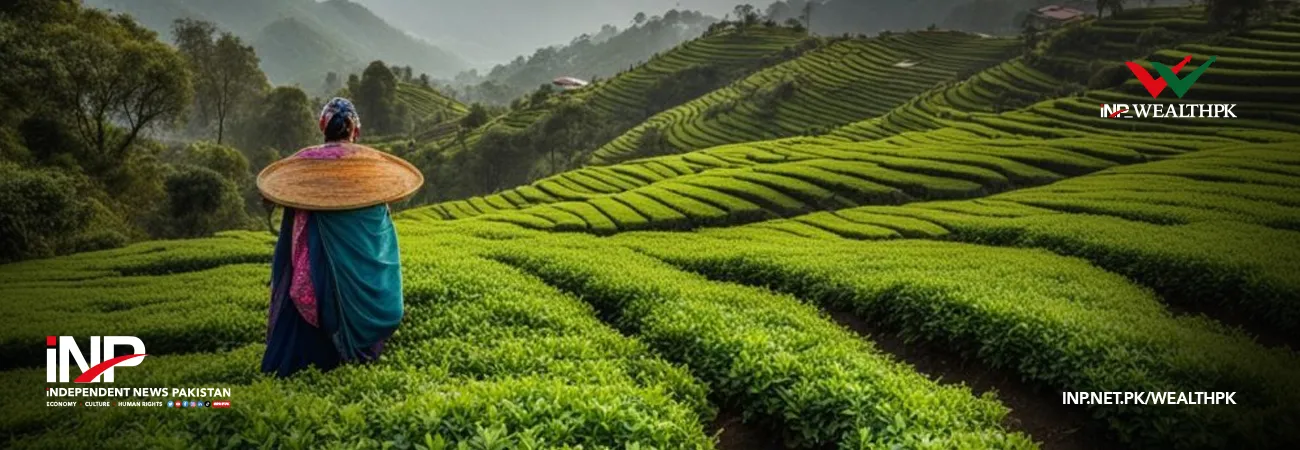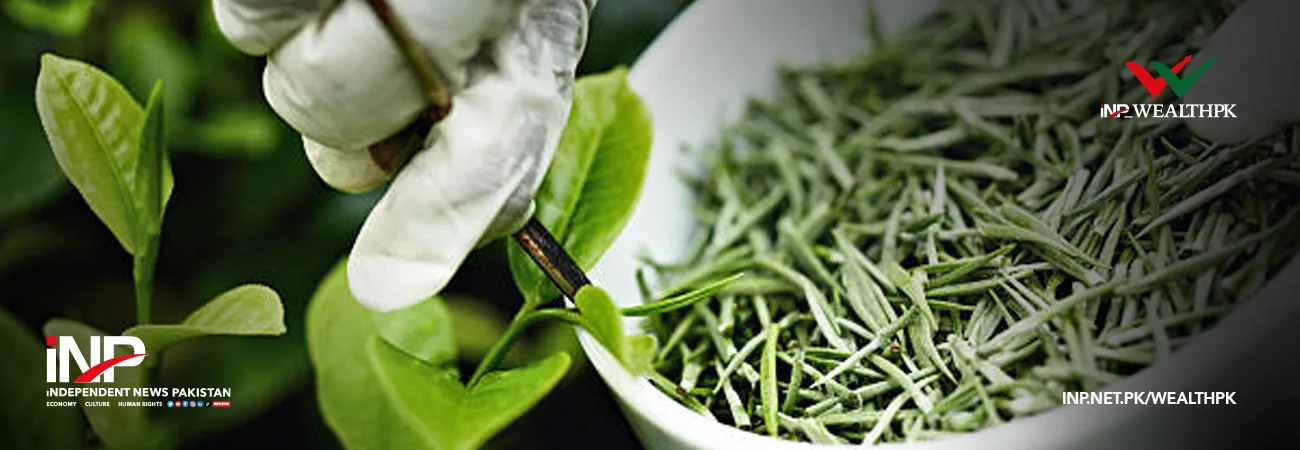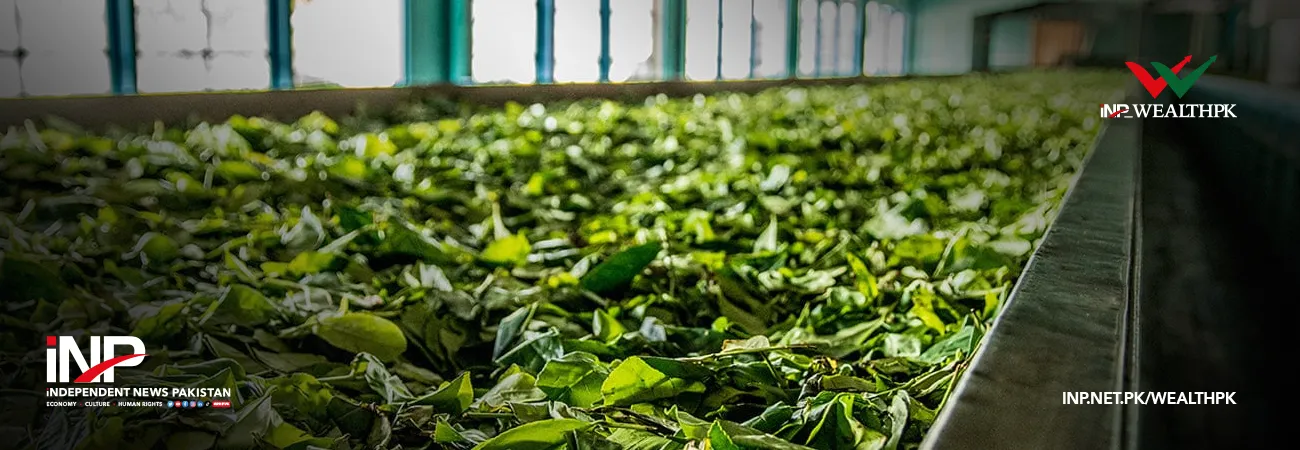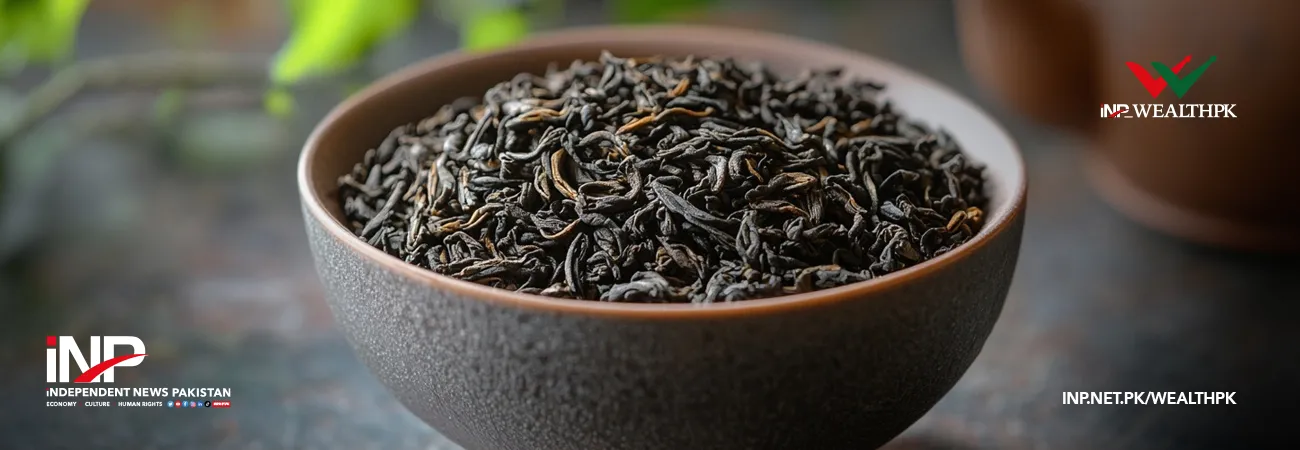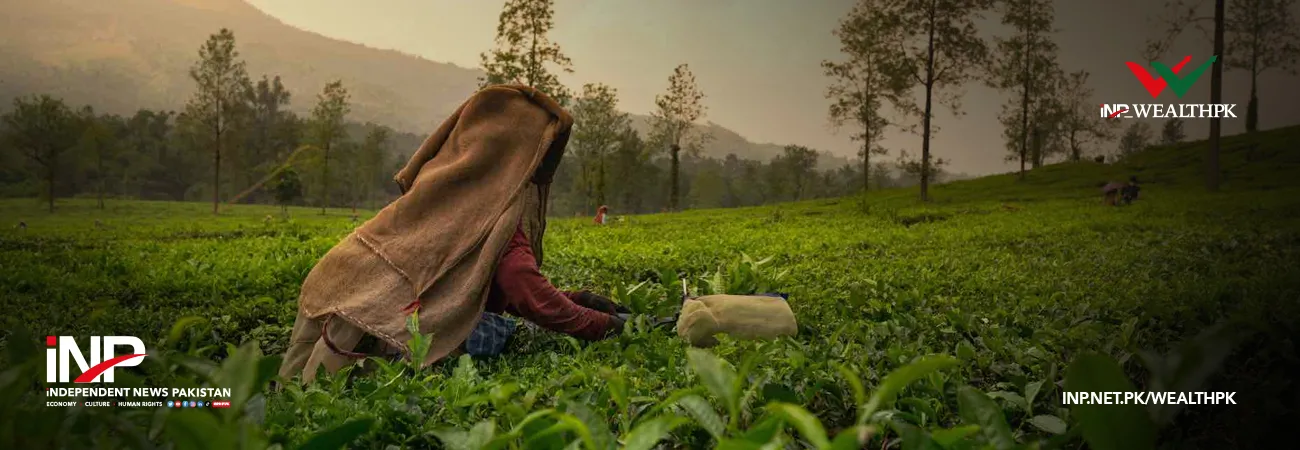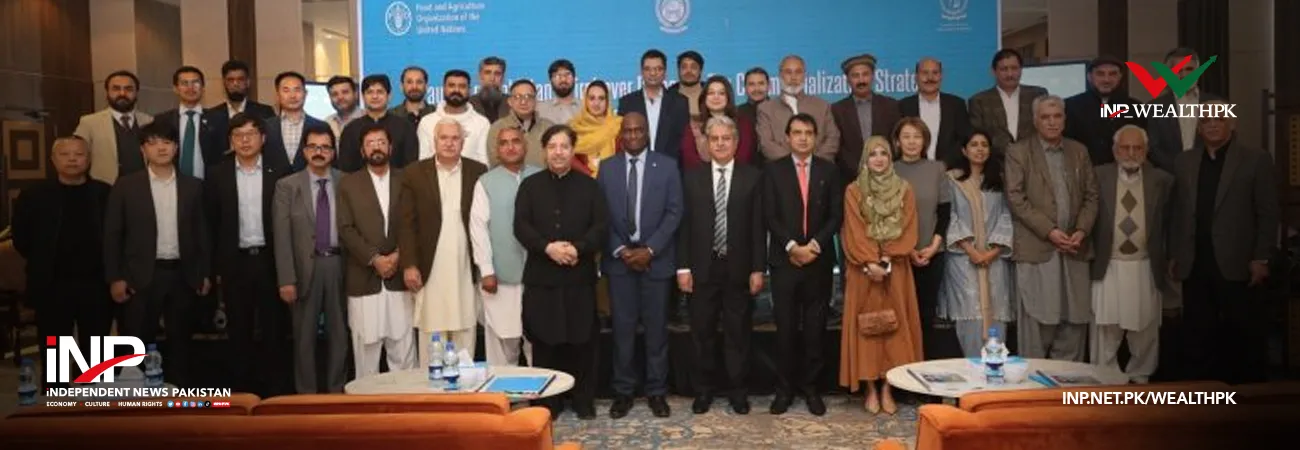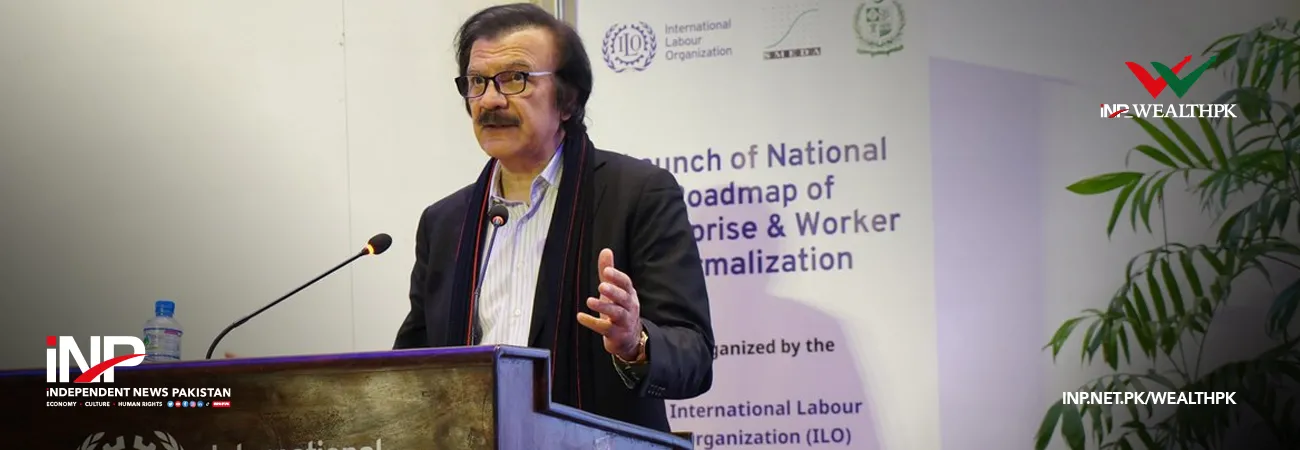INP-WealthPk
Moaaz Manzoor
The Ministry of Finance’s outlook for November reflects cautious optimism, highlighting a mix of hopeful trends and persistent challenges, reports WealthPK.
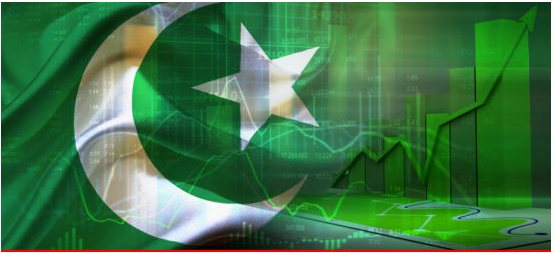
The outlook report projects inflation to further recede to 5.6%-6.5% in December 2024 from the 5.8%-6.8% range in November. This, coupled with consistent export and remittance trends, offers hope for economic stabilisation. The report highlights that inflationary pressures have eased due to stable food supplies, favourable global oil prices and prudent monetary policies. Moreover, the State Bank’s decision to lower the policy rate to 15% reflects confidence in the current trajectory. Similarly, consistent trends in exports and remittances have bolstered the external account. Yet, large-scale manufacturing remains sluggish, and the energy sector’s inefficiencies continue to weigh heavily on industrial revival.
Speaking to WealthPK, Mohammad Shaaf Najib, an economic expert, said: “While some economic indicators tend to be showing a positive movement relative to the recent past, we cannot assume that the economy is out of trouble.” Acknowledging the progress, he warned that Pakistan’s long-term structural weaknesses and macroeconomic imbalances persist and require continued effort to place the country on a path of accelerated and sustained economic growth. He suggested: “We need to remove the regulatory impediments, and focus on increasing productivity and growth to achieve the economic targets.”
Without such structural adjustments, Najib cautioned the economy risks reverting to the cycles of crisis and recovery that have defined its recent history. Meanwhile, Dr Niaz Murtaza, a consultant at Pace Consultants, offered a more critical perspective, emphasising that Pakistan’s recurring economic crisis stems from a flawed growth model. He argued that the country relies too heavily on external borrowing for bridging fiscal deficits, while neglecting investment and productivity. Drawing comparisons with China and India, he noted that their sustained growth stems from higher investment-to-GDP ratios and strategic reforms. Murtaza warned that without a significant shift in policies, Pakistan’s current stabilisation may not translate into durable growth.
He said merit-based appointments and innovative strategies are critical for achieving equitable and sustainable economic progress. While Pakistan has made commendable progress, particularly in inflation control and export stability, these achievements must serve as a springboard for transformative changes. Addressing the inefficiencies in energy, taxation, and state-owned enterprises is imperative, as is fostering a business-friendly environment to attract investments. Though the recovery offers a vital opportunity to tackle longstanding challenges, it also demands political will, strategic vision, and consistency in policy implementation. The road ahead requires balancing optimism with pragmatism—celebrating short-term achievements while remaining focused on laying the foundation for long-term resilience and equitable growth.
Credit: INP-WealthPk




